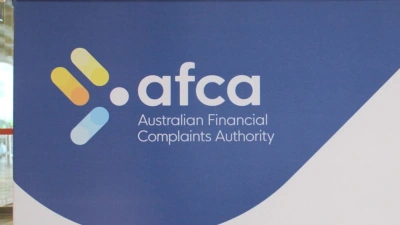Financial abuse rampant in domestic violence



Almost all women in abusive relationships face financial abuse, and concerns over their ability to support themselves and their children financially force them to stay or return to a violent and abusive relationship, according to People's Choice Credit Union.
People's Choice found 98 per cent of women in abusive relationships faced financial abuse, and said an abuser can trap victims by taking full control of their finances.
People's Choice chief executive, Steven Laidlaw, said: "In the short term, access to assets is imperative to staying safe for victims of domestic violence, financial or otherwise. Without assets, victims are often unable to find safe and affordable housing or to provide for themselves and their children".
"In the long term, victims often face damaged credit histories, unstable or sporadic employment and legal issues that make it difficult to gain independence, safety and security," he said.
The comments came as People's Choice said it committed to White Ribbon's Workplace Accreditation Program, and said it was reviewing its policies, procedures, training and communications to enable staff to prevent violence against women.
It also highlighted five signs of financial abuse, including the abuser limiting spending decisions of the victim, restricting their access to funds and imposing allowances, invading their privacy and security, and controlling their income.
Recommended for you
ASIC’s court case with Interprac is causing advisers to explore the possibility of self-licensing, according to My Dealer Services, as they observe the reputational damage it can bring to a practice.
AZ NGA has entered a strategic partnership with a Sydney advice firm with $600 million in assets under advice to support its succession plans and future growth.
With complaints on the rise and an expanded jurisdiction, the Australian Financial Complaints Authority is on the hunt for four C-suite roles, three of which are newly-created positions.
Ahead of the 1 January 2026 education deadline for advisers, ASIC has issued its ‘final warning’ to the industry, reporting that more than 2,300 relevant providers could be on their way out.











